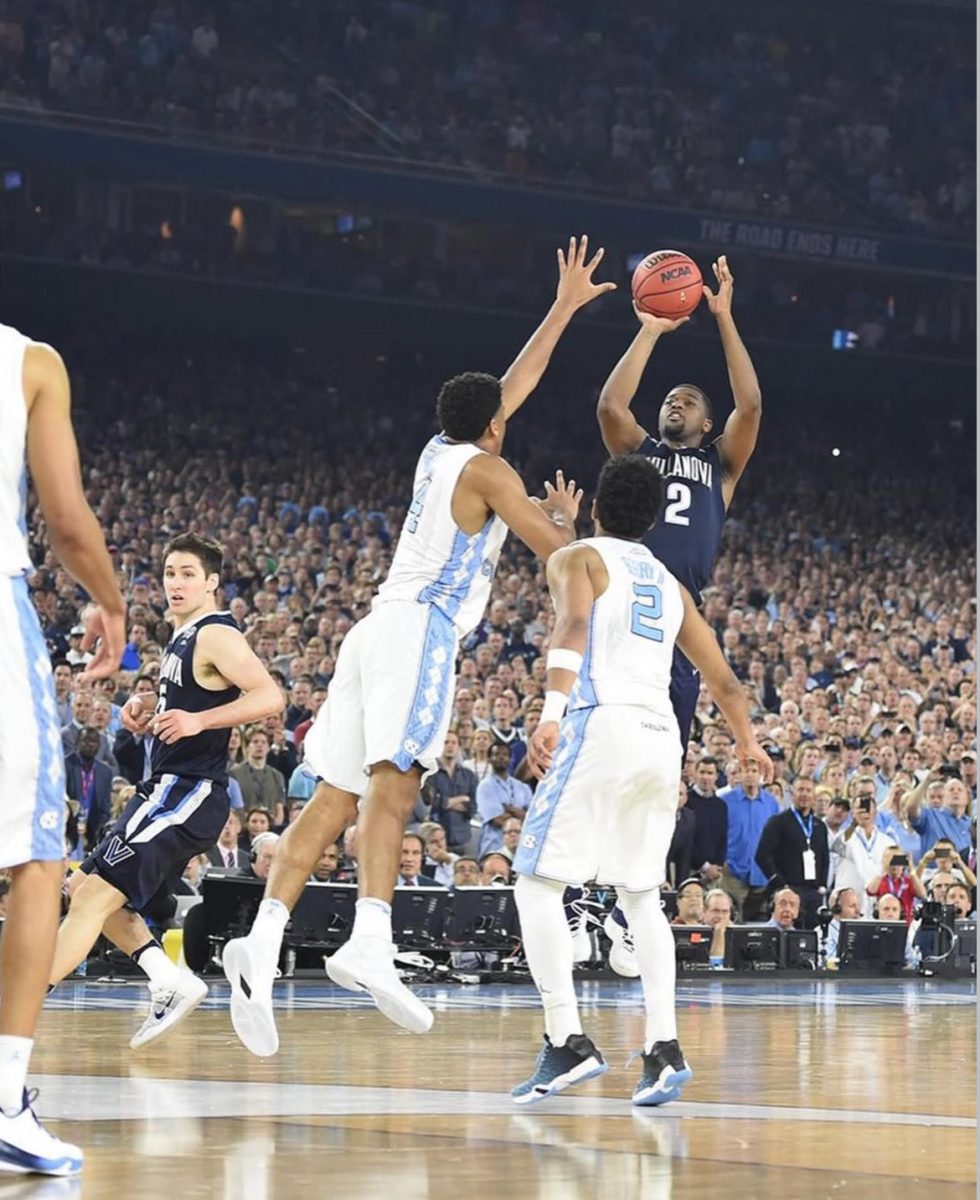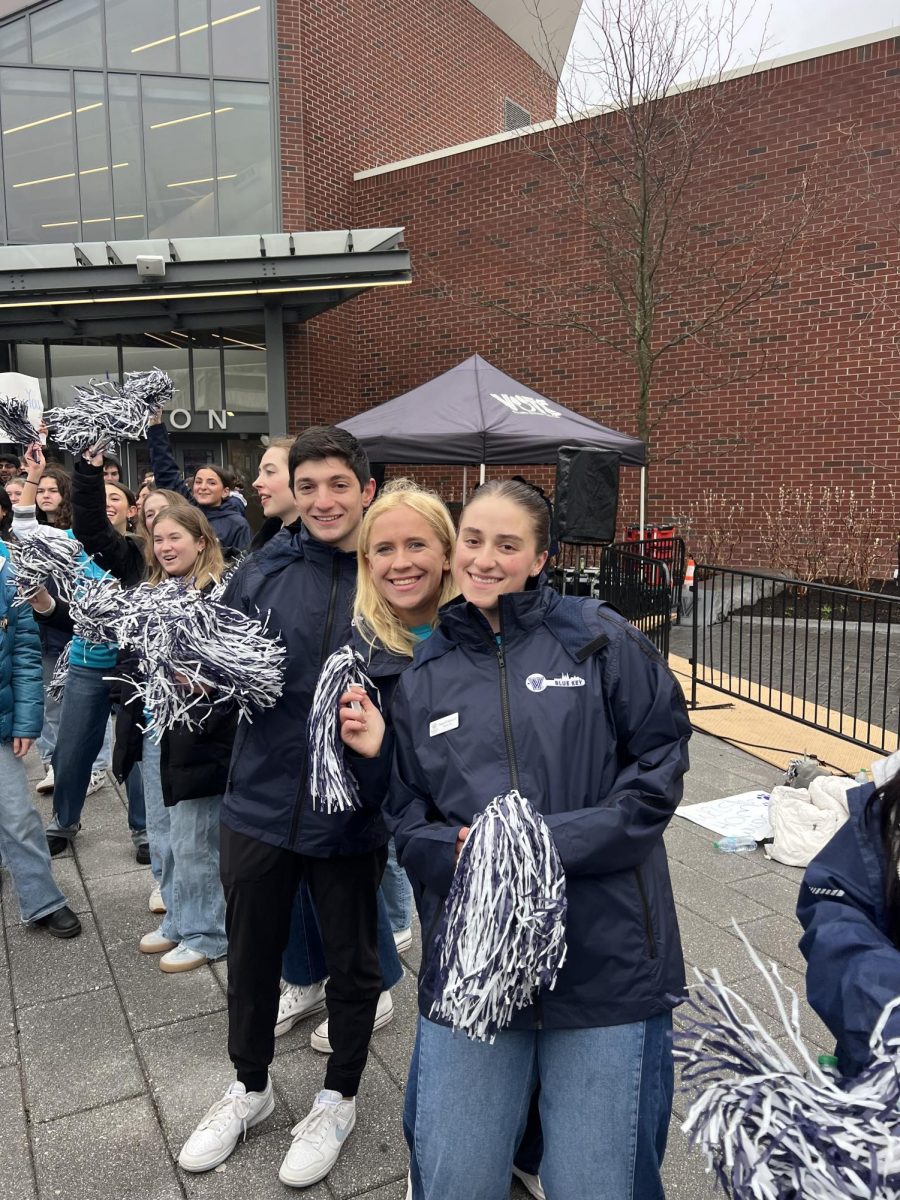While Thanksgiving Break is an excellent opportunity to recuperate from our usual workloads, it means that finals are officially on the horizon. As a history major, this typically means more papers due, forcing me to spend longer nights on the fourth floor of Falvey, more time researching in special collections, my headphones running low on battery and consuming more caffeinated drinks. Liberal arts majors are more inclined to be assigned papers, while STEM, business and nursing majors are more likely to receive exams or practicals. However, this is not always the case. Each professor has different expectations and assignments planned to solidify our understanding of topics studied. Throughout my time at Villanova, I have received a few out-of-the-box finals: timed essays in my Civil War & Reconstruction class and a five-page paper for my introductory math class. These finals not only made me think creatively, but analyze my knowledge in a different way. During the last few weeks of the semester, I advocate for finals that push students to new heights through a way of unconventional thinking in their designated field.
In high school, I received nearly all exams for my finals. It was extremely traditional; three days were dedicated to filling in bubbles. I was surprised when I came to Villanova and a lot of my classes were project and paper-oriented. But it makes sense. Finals are supposed to assess students’ cumulative learning. Adequate assessment does not necessarily mean in an exam format. In a lot of ways, traditional exams do not adequately assess students’ knowledge. Exams make students focus on their grades, forcing them to memorize a certain amount of detail before the test. The same can be said for the ACT/SAT for college admissions, which have been on the decline since the global pandemic.
Alternative forms of finals teach students to apply their knowledge in new ways. If a biology major had to write a paper about cellular respiration, wouldn’t that help them learn the methods? If an education major had to conduct a project collecting data from students across campus, wouldn’t that help them gain insight to a university? Other forms of finals could also increase student engagement, whether that is within their class or the world around them. Using alternative final methods can motivate students to apply their knowledge outside of the box.
Sarah Alberione, a sophomore pre-dental student, additionally noted that alternative finals could be a great way for students to unwind from stress while still testing their knowledge.
“My teachers assign exams as my finals,” Alberione said. “But projects are great. They alleviate unnecessary stress that detracts from an adequate projecting of learning.”
Hadassah Lopes, a sophomore communication major, also believes alternative finals are less stressful for students who already face a heavy workload throughout the semester.
“I would benefit from more papers instead of exams, because I have a history of doing badly on exams even when I study hard,” Lopes said. “I tend to get nervous, which makes me make mistakes on things I have studied.”
On the other hand, exams can be beneficial. They teach students to prioritize their time properly and prepare adequately. Some students believe we should stick to traditional ways of testing, as they are given in a uniform structure and the answers are oftentimes objective.
Sophomore Connor Reilly, a finance major, thinks this helps with his application of the material.
“Because the majority of my classes are application rather than concept based, we have exams on the topics to gauge our understanding,” Reilly said. “If our professors switched to essay format, we would not be able to understand finance because it would deprive us from that opportunity of understanding.”
Professors differ on expectations for students, but one thing is clear: finals are changing course for college students. With the introduction of alternative forms of assessment, the education system is broadening its applicability for students in the world around them.





